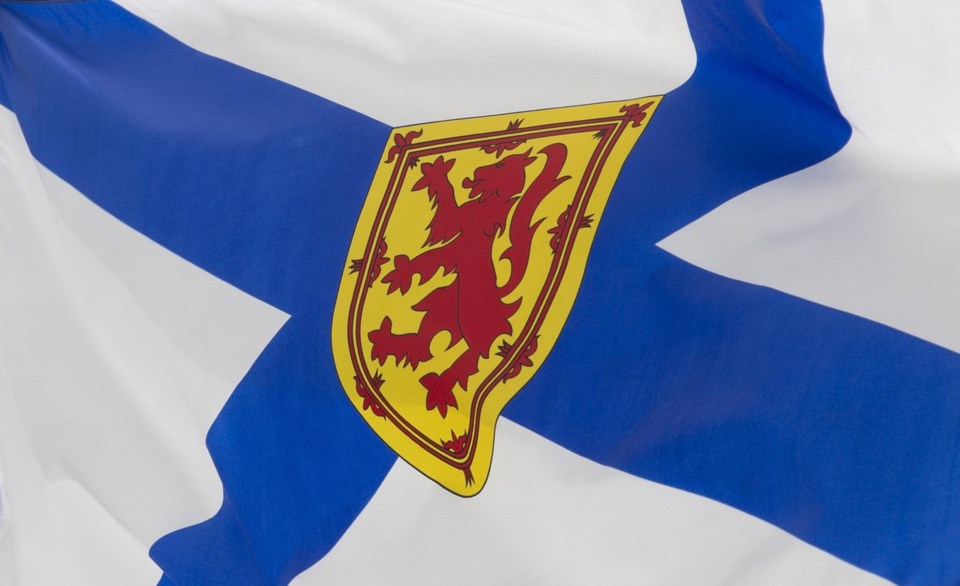HALIFAX — Nova Scotia’s provincial opposition parties are criticizing the government for continuing to keep a year-old report on environmental racism out of the public eye.
Their comments came after Becky Druhan, minister responsible for the Office of Equity and Anti-Racism Initiatives, told reporters Thursday that government has requested a meeting with the environmental racism panel that created the report to “discuss with them before sharing any additional information.”
The report was completed by an eight-member panel appointed in June 2023 to look at how racism affects a community’s natural environment in Nova Scotia. Environmental racism is a form of systemic racism where environmentally hazardous activities like landfills, trash incinerators, coal plants and toxic waste facilities are set up near Black and racialized communities or Indigenous territories.
The report was delivered to the province about a year ago.
“In this instance, the (panel’s) mandate didn't include a public report. The mandate was advice to government. So we want to respect the parameters of that,” Druhan said after a cabinet meeting when asked if she will release the report.
The panel members included community leaders with expertise in subjects such as Mi’kmaw and African Nova Scotian history, law, health and environmental sciences.
“We do know that Nova Scotians want to hear more, and we want to respect the panel and have a conversation with them before we do that," Druhan said.
Nova Scotia NDP Leader Claudia Chender and Liberal member Derek Mombourquette both said Thursday it’s puzzling the province is choosing to withhold this critical information about environmental racism.
“I think they probably don’t like what it (the report) says,” Chender said of the provincial government.
“We're talking about a legacy of wrongdoing and harm that this government is now complicit in, because they will not address what it was that came forward” from this panel’s work, she added.
The idea for the panel came from the NDP, who proposed it in an amendment to climate change legislation that was passed in the fall of 2023. Chender said it “was no one’s understanding” that this panel’s work would be kept from the public.
“That report came from an amendment that was put forward by our caucus that specifically called for the establishment of a panel that would provide recommendations to the province for redress," Chender said. "It didn't say that it would privately provide some things that the government might consider, and then not tell anyone about it. That doesn't make any sense.”
Mombourquette agreed, saying it’s “really shameful” that the report has not yet been made public to Nova Scotians, adding that he represents a constituency that has faced environmental racism in the form of the Sydney tar ponds and coke oven sites in Cape Breton.
“I think that the government should release it immediately. I don’t buy this argument that there needs to be a meeting with the panel beforehand. Release the report, let Nova Scotians see what’s in it,” he said.
When asked if he thinks the report ought to be made public, Premier Tim Houston did not directly answer.
“We're using that to formulate public policy. It's having a positive impact. There is a meeting being organized with a number of ministers and the panellists to talk about… the ways forward,” he said after Thursday’s cabinet meeting.
When pressed on if he is of the opinion that it should be public, he said “we’ll have a discussion with the panels. I think the most important thing is that the work is actually used.”
This report by The Canadian Press was first published July 11, 2025.
Lyndsay Armstrong, The Canadian Press



